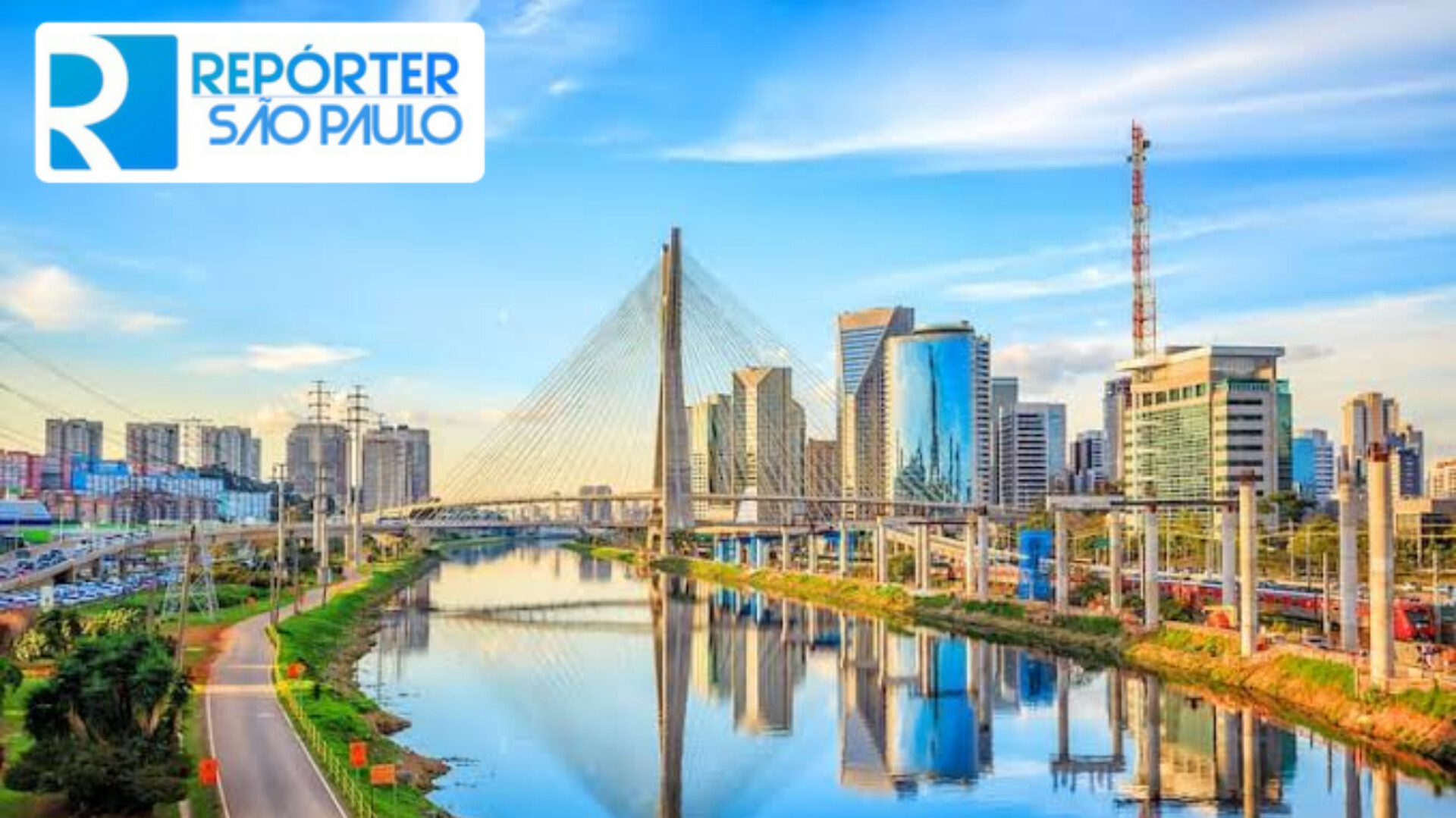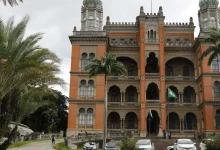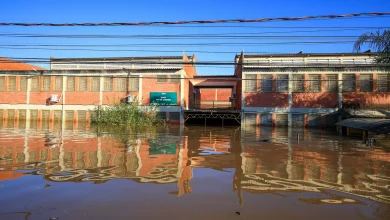Guatemala heads to the polls to choose new president
After a first round marked by the judicial suspension of four candidacies, millions of voters return to the polls this Sunday (20) to choose the new president of Guatemala. This is quite an achievement, given the attempts to disqualify Bernardo Arévalo, opponent of former first lady Sandra Torres, from the competition.
According to a survey by consulting firm CID Gallup in partnership with the Freedom and Development Foundation, based on 1,819 interviews conducted between August 4th and 13th, Arévalo is the favorite, with 61% of the vote intentions, against Torres’ 39% – the margin of error is 2.3 percentage points.
The gap between the candidates is confirmed by other polls, but should be analyzed with caution – in the first round, the projections did not anticipate the results. In June, Arévalo had about 3% of the vote intentions, hidden among the 22 presidential candidates who participated in the election.
The surprising achievement of a place in the second round was followed by a wave of judicial attacks against the Semilla Movement, the party through which Arévalo runs. Less than a week after the first vote, the country’s Supreme Court accepted a request to suspend the election results.
These and other proceedings have been reversed, but the Guatemalan Supreme Electoral Court is still under investigation by the Public Ministry in at least 13 cases, according to the court’s president, Irma Palencia.
Foreign News
The climate of persecution is not new in the country. The scenario dates back to the end of CICIG (International Commission Against Impunity in Guatemala), an organization supported by the United Nations that was dissolved in 2019 after revealing several corruption cases involving local political figures. Since then, dozens of prosecutors and judges who worked for the commission have been arrested or exiled.
For communication student Samantha Castro, 23, hope to get out of this situation lies in Arévalo’s candidacy. “The institutions are completely coopted. Of course, it’s not just one person who is against democracy, but what we feel is that now there is an opportunity for change.”
She is a member of Landivarianos, the student movement at Rafael Landívar University. The group emerged amidst the protests of 2015, which ousted then President Otto Pérez Molina, investigated by CICIG, and represents the urban electorate of the Semilla Movement, a result of the protests themselves.
“It is an intergenerational dream,” says Castro, referring to the candidate’s family history. Bernardo is the son of Juan José Arévalo, the first president to be elected in a transparent election in Guatemala, in 1944, which marked the beginning of a period known as the “democratic spring”. In 1954, this era was interrupted by a coup supported by the US multinational United Fruit that overthrew Jacobo Arbenz Guzmán.
For many analysts, Torres represents the continuity of the current president’s government, the right-wing Alejandro Giammattei – something unusual, considering that the candidate is running for the UNE (National Unity of Hope), a once social-democratic party that is a member of the Socialist International.
However, in 2019, the party underwent a transformation. That year, it lost a part of its more left-wing faction, which decided to support Manuel Villacorta for the presidency, and needed to reinvent itself. “Torres doubled down on this bet as a tactic to differentiate herself from Arévalo and obtain conservative support,” says Will Freeman, PhD in political science from Princeton University and expert on Latin American politics.
Engineer Luis Pedro Martínez, 27, says he will vote for Torres by default, as the candidate is closer to the right than her rival. “Many members of her party have businesses and companies. Therefore, they have a better understanding of the private sector in Guatemala,” he says. For him, Semilla’s positions on the economy, on the other hand, are “completely disastrous”.
Regarding Arévalo’s alleged anti-corruption credentials, Martínez says the candidate has little to show for it. “No one has anything to say about him, as he has not yet had a presence anywhere. So far, it’s just words,” he says. Torres, on the other hand, seems more skillful in forming alliances and governing.
On Tuesday (15), for example, the candidate signed an agreement with the Guatemala Association of Military Veterans, made up of agents who served in the country’s civil war in the 1960s. The next day, at the end of her campaign, she stated that she would respect life “from conception” and would protect families “as God commands and as the Constitution demands”.
The willingness to make such alliances and gestures indicates that Torres would face fewer difficulties than Arévalo after a potential victory – although UNE lost 24 seats in Congress in the elections, Torres would likely make agreements with the current majority party, Vamos, led by Giammattei.
Meanwhile, Arévalo, whose party won 16 seats and became the third force in the legislature, may face more challenges. So far, Semilla has only allied with small left-wing parties, although it has, for example, met with representatives from Cacif, the powerful chamber of industry in the country.
In an interview with El Faro, one of the most important newspapers in the region, the candidate mentioned “great social consensus” as supporting changes and did not rule out reactions to a potential victory. “I have no doubt that… if we win, there will be attempts to prevent it from happening. And they will come from different sectors.”













